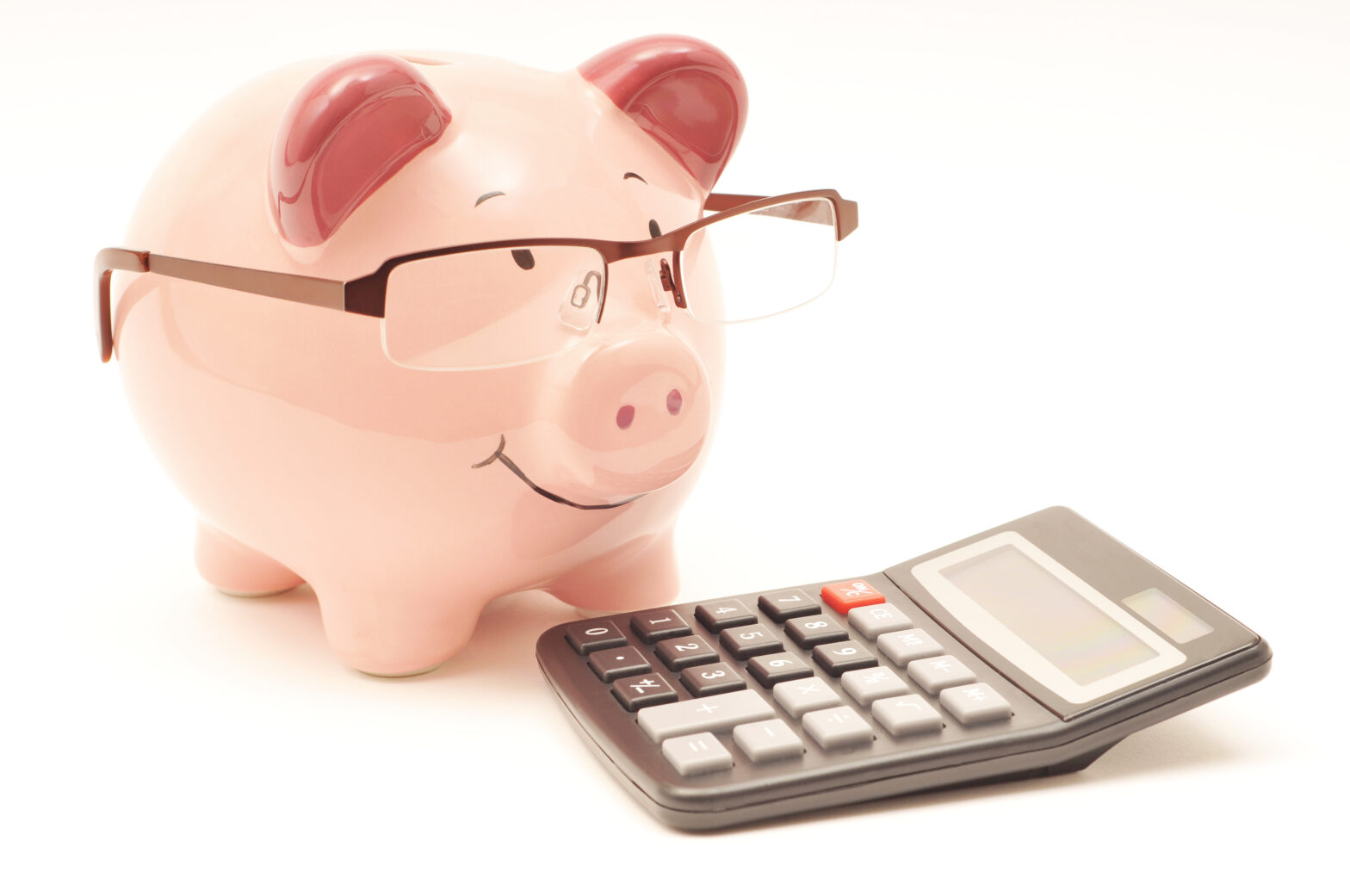Energy expenditure is the second largest cost after tax owing for microbusinesses that small business owners still estimate.
This is despite 56 per cent of microbusiness owners agreeing that having a better understanding of their energy use would give them greater control over business expenditure.
Smart Energy GB, the pan-utility company campaign to encourage adoption of smart meters, surveyed the owners of 1,000 microbusinesses (firms with less than 10 employees) to reveal the devastating financial effects of the COVID-19 pandemic.
Three quarters of those polled were anxious about how they will keep their business afloat in the coming weeks and months. The biggest concerns for struggling microbusiness owners were a lack of customers, cashflow issues – a third now check their finances daily compared to just one in five before the pandemic – and that consumer confidence will not return quickly enough.
Michelle Ovens, founder of Small Business Britain, said: “COVID-19 has been hugely challenging for microbusinesses across Great Britain. As lockdown eases and firms get back to business, many are weighing up their financial situation and focusing on how to recover and move on. Now is therefore a good time to evaluate your business expenditure and identify new ways to save money.
‘Embracing new technologies such as smart meters is another particularly valuable thing to do’
“Everything from negotiating deals with suppliers, through to reviewing business models and shopping around for deals should be on the table. Embracing new technologies such as smart meters, which help you to identify ways to reduce your energy consumption and therefore save money, is another particularly valuable thing to do at this time.”
Robert Cheesewright, director of corporate Affairs at Smart Energy GB, added: “There’s no doubt it’s been an incredibly difficult time for businesses, and particularly for those at the smaller end of the scale. Even though microbusiness owners have taken a forensic approach to their expenditure, and continue to make some difficult cost-cutting measures, energy is still viewed as a cost that can only be estimated.
“One easy step that will give microbusiness owners control back over their energy costs is contacting their energy supplier to see if they are eligible for a smart meter. This will help them keep better track of their energy and give them the information they need to reduce their consumption – in fact, 44 per cent of those surveyed who have had one installed say it has highlighted areas of spending they weren’t aware of.”
With Small Business Pro you can save over £30 a month. Small Business Pro will help with the heavy lifting of managing customers, taking payments, insurance, finance and HR, plus you’ll get a host of personal wellbeing benefits.
You can find out more about Small Business Pro here.
8 ways to save money in your microbusiness
#1 – Forecast cash flow
To save money, you first need to know where it’s going and when it’s coming in. While there’s some sophisticated cash flow software out there, sitting down with a simple spreadsheet to plot different financial scenarios can be just as effective too.
#2 – Access financial support
If you do have a shortfall to meet, there’s lots of financial support out there including Bounce Back Loans and Business Interruption Loans. The Government’s new Job Retention Bonus might help make it more affordable to retain staff. Just remember that any extra debt you take on will need to be paid back.
#3 – Cut costs
Two thirds of microbusinesses have changed their business model as a result of the crisis. Reshaping a business can mean extra costs, so interrogate all your spending to see if there are new ways to save – even if it’s how much you spend on milk.
#4 – Shop around
If you have costs coming up for renewal, take the time to search for deals. You may find discounts through business price comparison sites, partners and member bodies, or even referral schemes offered by other small businesses.
#5 – Save energy, save money
Energy usage is one of the expenses microbusinesses are most likely to estimate. A great way to understand how much energy you’re using, identify ways to reduce your consumption and therefore save money, is by getting a smart meter installed. Contact your energy supplier to find out if your microbusiness is eligible for an installation. You can find out more about smart meters at Smart Energy GB.
#6 – Negotiate openly
If you are really struggling, don’t suffer in silence. Open up a conversation with everyone you can to see if it’s possible to arrange discounts, or more manageable payment terms. Speak to your accountant, or HMRC, about taking up the current offers to defer tax payments like VAT to aid cashflow.
#7 – Embrace digital
As well as making your business more efficient, tech can help you to do some things yourself rather than outsourcing. Canva has a basic free version that can help you make engaging graphic designs, while Facebook has launched a new Shops feature to help small firms sell online. Check out what support you can access via any existing digital partners such as Google’s SME ad credits or the American Express Shop Small offer.
#8 – Find support groups
The pandemic has been overwhelming for many businesses, so it’s important to make sure you have the right support. Many business schools offer free support through their networks, particularly those belonging to the Small Business Charter. There are also regular, free online events through Small Business Britain’s Facebook channels.





